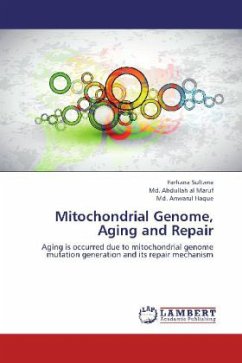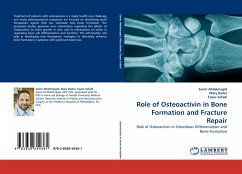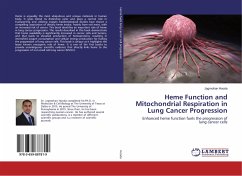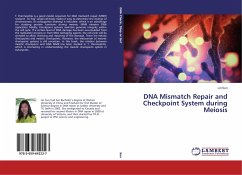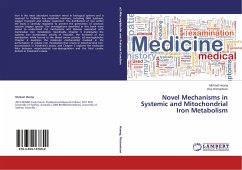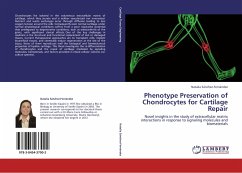Mitochondria are ubiquitous membrane-bound organelles that produce about 90% of the energy necessary for cellular function via oxidative phosphorylation (OXPHOS). Mitochondria play central roles in metabolism, signaling, and programmed cell death. Mitochondria have their own genetic system (called mtDNA) that is expressed through replication, transcription and translation. Its genome comprises of 16,569 base pairs and contains 37 coding genes. Of them, 13 genes encode proteins that are involved in different components of electron transport chain including complex I, Complex III, Complex IV and ATPase synthase. Mutation in these genes enhanced reactive oxygen species production, thereby leading to more oxidative damage of mtDNA and augmented the ROS generation by vicious circle. This excess ROS production ultimately damage cellular molecules including lipid, protein and nucleic acids and causes abnormal cell and/or cell damage. In addition, ROS might activate cell signaling and lead to apoptosis cell death. This review focused on toxic effects of ROS and their antioxidant defenses.

